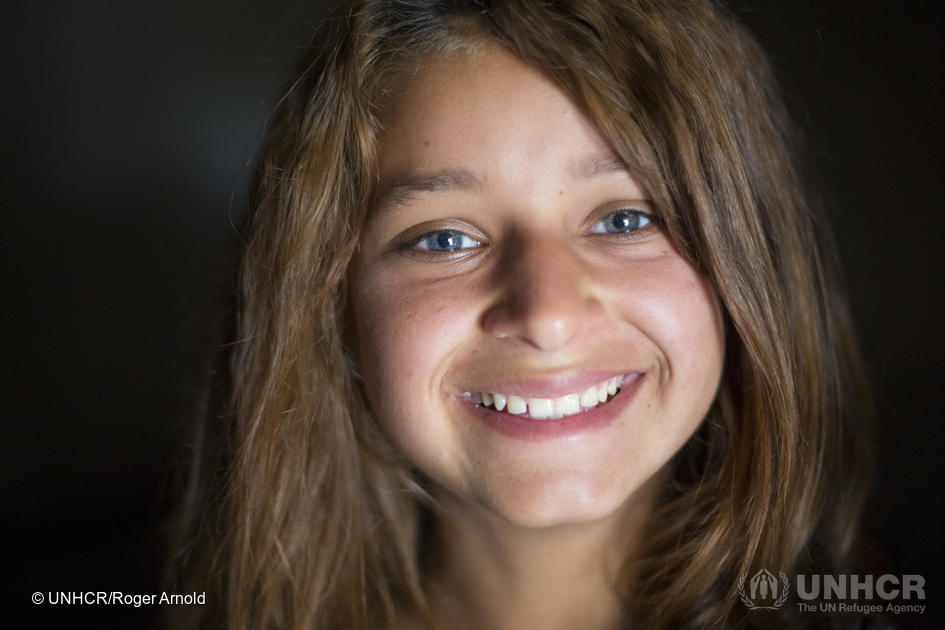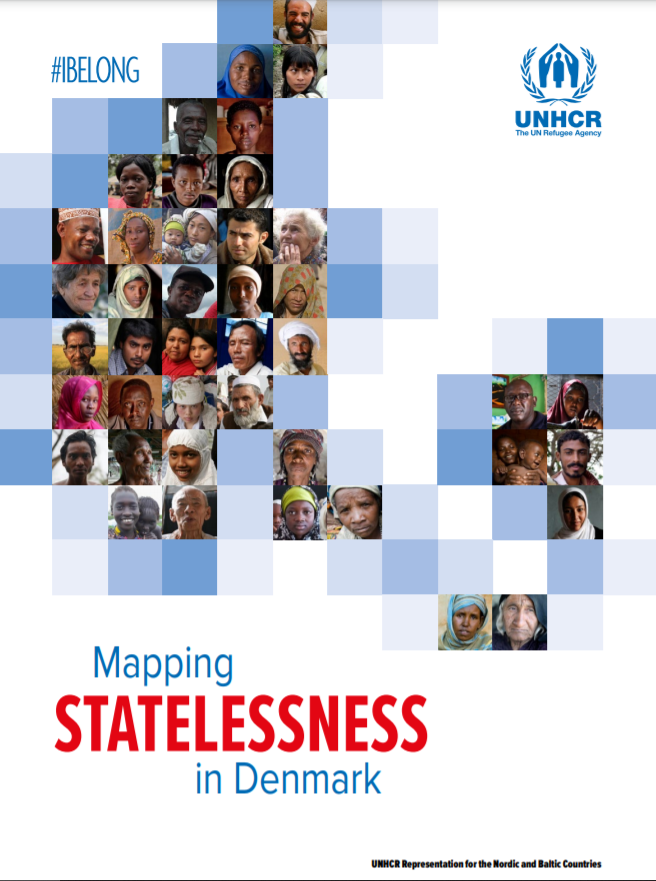UNHCR’s mapping of statelessness in Denmark, prepared in collaboration with the Danish Institute for Human Rights and Danish authorities, is published today.

Lirije Rustemov has no nationality. She is one of the many stateless people living in former Yugoslavian republics in Europe.
UNHCR, the UN Refugee Agency, which is also mandated to help and protect stateless people, today publishes the report “Mapping Statelessness in Denmark” – an overview of the extent of statelessness in Denmark and a fact-based review of the situation of stateless persons and current laws and rules.
The report has been produced in a close and long-term collaboration with the Danish Institute for Human Rights, with Senior Researcher Eva Ersbøll taking a leading role as consultant on the report. In this process, UNHCR has also been in close dialogue with Danish authorities, especially the Ministry of Immigration and Integration.
Similar mappings have been undertaken by UNHCR in other Nordic countries – with the ambition to contribute to raising awareness about statelessness and provide a better understanding of the situation of stateless persons. In addition, the hope is that these efforts will contribute to a continued dialogue to limit statelessness in Denmark, as well as to strengthen the protection and improve the situation of stateless persons in the country.
As is the case in many other parts of the world, collecting statistics on stateless people is associated with uncertainty and challenges – but based on available data, the report concludes that there are approximately 8,000 stateless persons in Denmark (2017 figures).
The release of the report coincides with the annual marking of UNHCR’s global #IBelong campaign – a 10-year action plan, launched in 2014 in partnership with States, international organizations, and civil society, with the aim of eliminating statelessness globally by the end of 2024. UNHCR welcomes Denmark’s commitments to continue the efforts for the general avoidance of statelessness, as most recently pledged at UNHCR’s High Level event on statelessness in October 2019.
Although having a nationality is a human right, millions of people are stateless across the globe. Stateless individuals do not exist “on paper”, are denied a nationality, and officially do not belong to any country – generally due to regulatory and legal barriers. In many parts of the world, stateless people are often denied access to basic rights and services that the rest of us take for granted, such as having ID papers, receiving an education, and being able to access the labor market and healthcare. As a result, stateless people are often marginalized.
Read more about statelessness on UNHCR’s #IBelong campaign site.
Read the report on statelessness in Denmark here.

Share on Facebook Share on Twitter